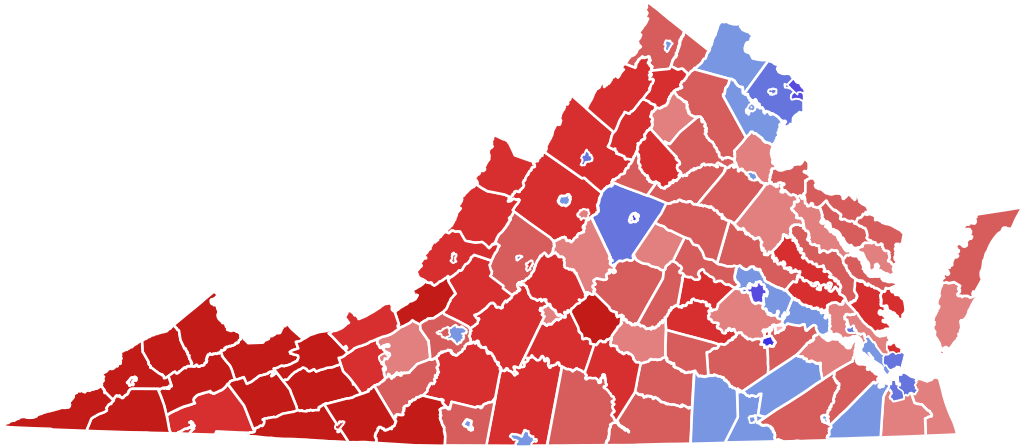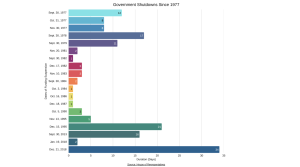Youngkin becomes Virginia’s 74th governor
January 21, 2022
Virginia has a new governor. What does that mean?

Last Saturday, January 15, Glenn Youngkin was sworn in as Virginia’s 74th governor, being the first Republican to hold that office since 2009.
In November, Youngkin beat out former Democratic governor Terry McAuliffe by only 1.94 percent of the popular vote. Ralph Northam, who served from 2017-2021, was unable to run for re-election because governors in Virginia are not allowed to serve consecutive terms.
Governor Youngkin is a Virginia native who earned bachelors’ degrees in managerial studies and mechanical engineering at Rice University before receiving his MBA from Harvard Business School. For 25 years, he worked at the private-equity firm The Carlyle Group, where he was co-CEO up until his candidacy for governor. In late 2021, Youngkin had an estimated net worth of $440 million.
Though Youngkin has no previous experience in government or politics, he has a large community presence in his hometown of McLean, where he supports his local church. In 2020, he and his wife Suzanne co-founded a nonprofit called the Virginia Ready Initiative which helps connect unemployed Virginians with job opportunities.
His win shocked some Falls Church voters, who historically lean Democratic and had an overwhelming majority for McAuliffe in the 2021 election. Youngkin’s victory is largely attributed to his heavy emphasis on education, promising to have “the best schools” and “make sure every student graduates career or college ready.”
On his first day in office, Youngkin signed 11 executive actions, consisting of nine executive orders and two executive directives. His executive orders addressed a wide range of issues, including education, vaccine and mask mandates, human trafficking, government corruption, antisemitism, climate, and business.
Northern Virginia localities have focused primarily on an executive order allowing parents to decide whether or not their child wears a mask in public schools, as well as an executive order ending the use of “divisive concepts” such as Critical Race Theory in public education.








